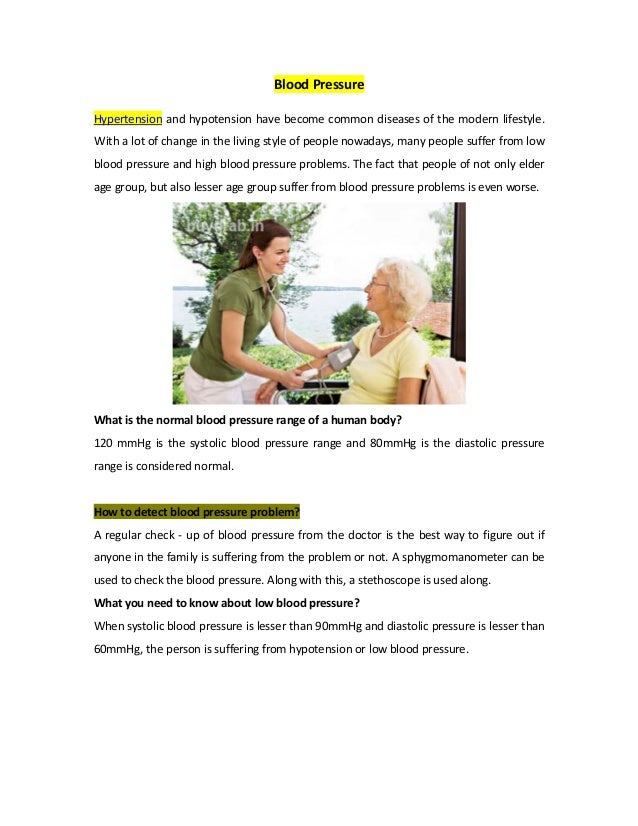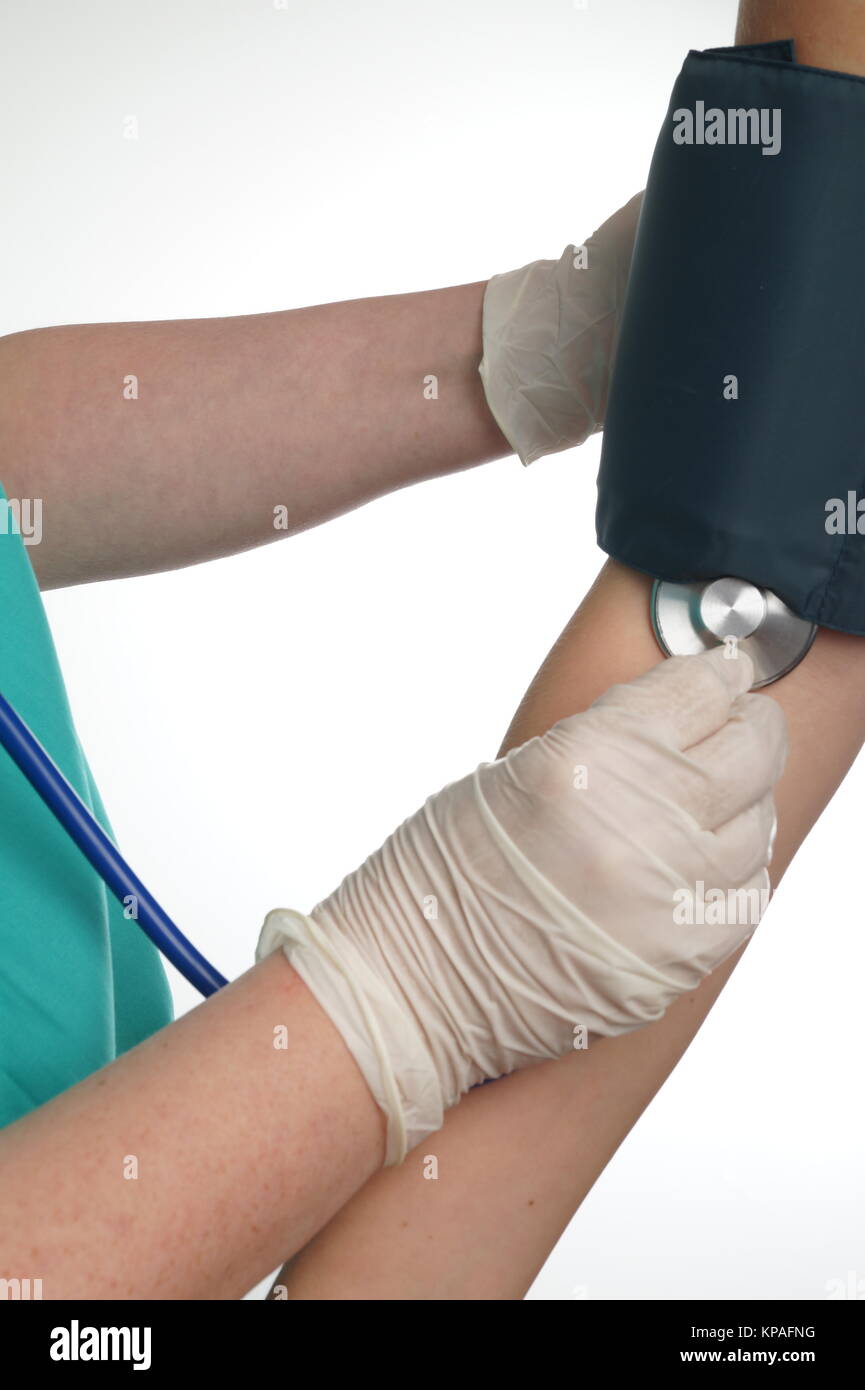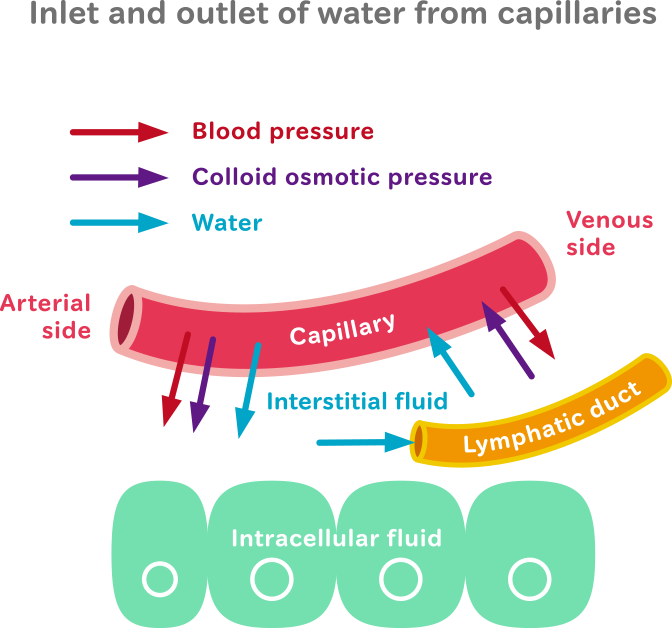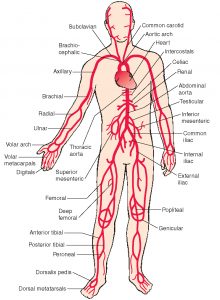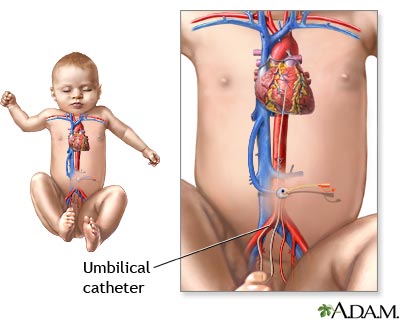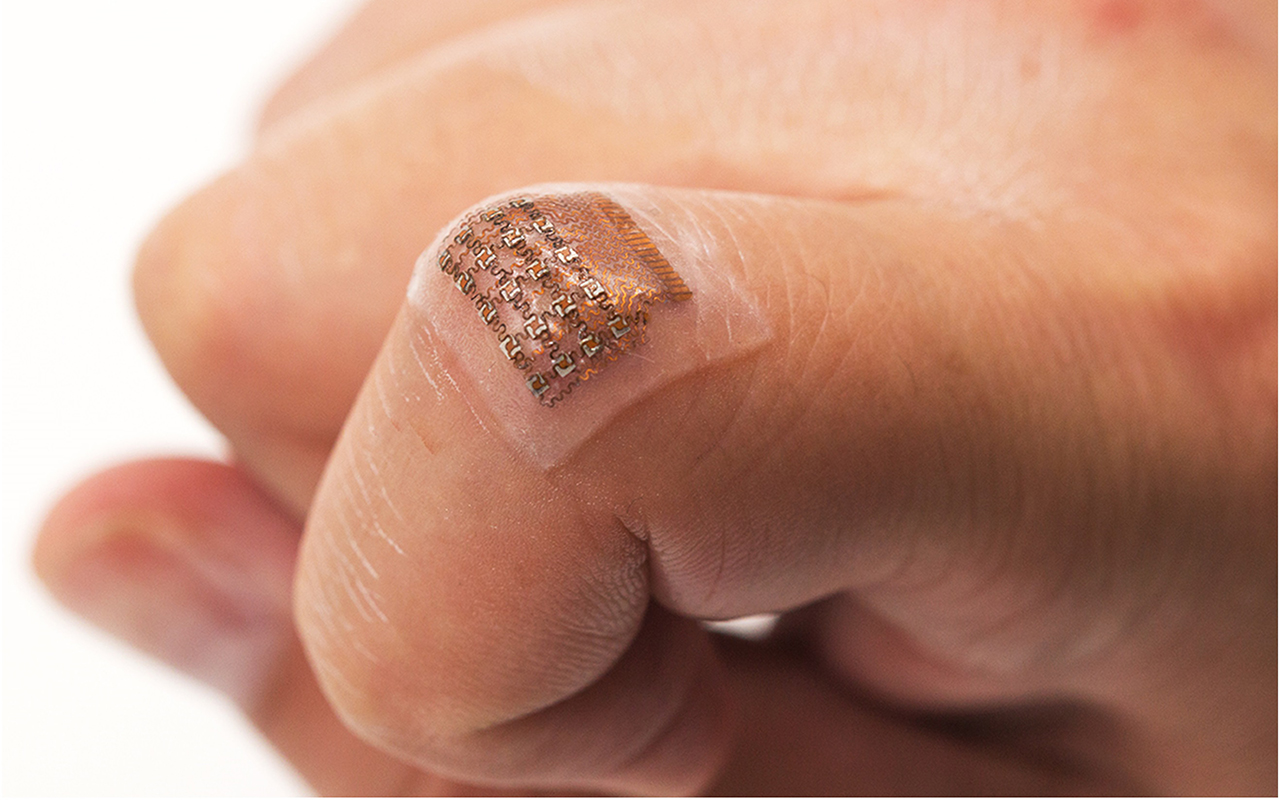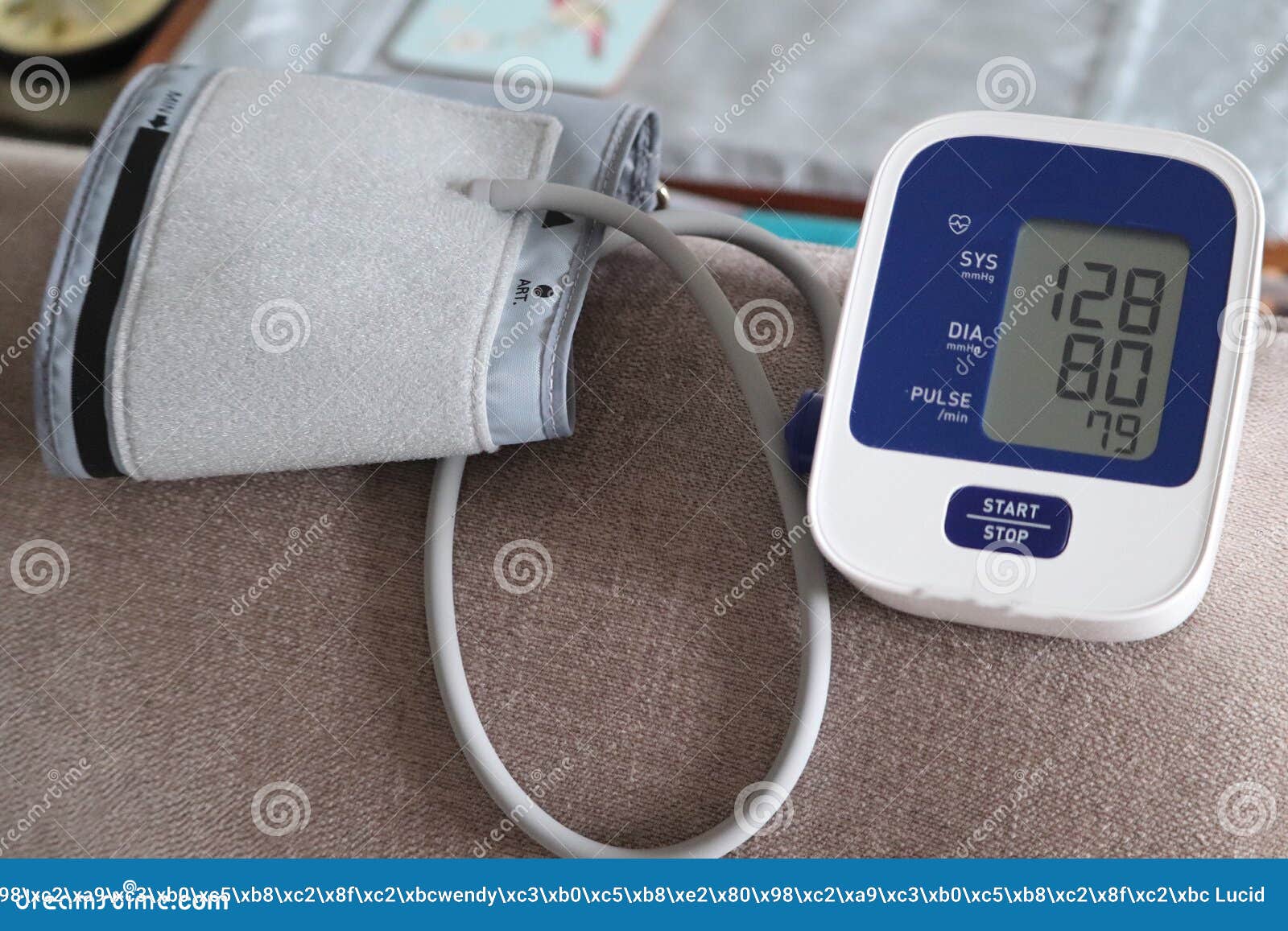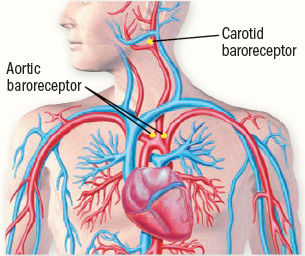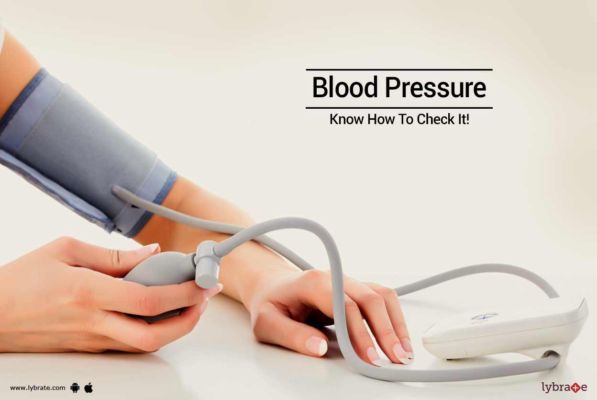
Human Body Pressure Measurement
Our range of body pressure mapping systems and sensors enable you to accurately and repeatedly quantify pressure exerted on the human body. An example of normal measured values for a resting healthy adult human is 120 mmhg systolic and 80 mmhg diastolic written as 12080 mmhg and spoken as one twenty over eighty. Normal resting blood pressure in an adultis approximately 120 millimetres of mercury 16 kpa systolic and 80 millimetres of mercury 11 kpa diastolic abbreviated 12080 mmhg. For almost 20 years design and test engineers have chosen xsensors px and lx sensors to improve the comfort safety reliability and ergonomics of their products. The thin and conforming sensing mat can measure body pressure distribution with minimal interference of the support surface. If you are using pressure sensors to measure the entire body torso seat hands or feet our thin flexible and reliable body pressure measurement system is ideally suited.
If however it is too low fainting is a problem. The direct measurement of bp requires an intra arterial assessment. The bottom number called the diastolic pressure. Design optimization verify comfort. 1 atm 101325 pa 760 torr. Both pressures have health implications.
For conciseness we use the term bp measurementfor estimates obtained through noninvasive means. From testing the comfort and fit of a product to quantifying the force used by specific tasks our sensors are helping improve products and processes every day. Body pressure measurement system. The conversion between atm pa and torr is as follows. Blood pressure is recorded as two numbers and written as a ratio. Body pressure mapping sensors measure map and refine pressures exerted on or by the human body.
The diagnosis and management of hypertension depend on the accurate measurement of bp. Bpms measures the pressure distribution of a human body on support surfaces such as seats mattresses cushions and backrests. A body pressure sensor provides valuable insight into the design performance of surfaces in contact with the human body. Blood pressure is one of the vital signs along with respiratory rate heart rate oxygen saturation and body temperature. The top number called the systolic pressure is the pressure as the heart beats. Common arterial blood pressure measurements typically produce values of 120 mm hg and 80 mm hg respectively for systolic and diastolic pressures.
This is not practical in clinical practice where bp is assessed noninvasively. The unit of pressure in the si system is the pascal pa defined as a force of one newton per square meter. Pressurethe effect of a force applied to a surfaceis a derived unit obtained from combining base units. Diastolic pressure is minimum pressure in the arteries which occurs near the beginning of the cardiac cycle when the ventricles are filled with blood. When systolic pressure is chronically high the risk of stroke and heart attack is increased.
Random Post
- normani kordei body measurement
- rohman shawl body measurement
- body fat measurement san diego
- body fat measurement bia
- you tube body measurements
- rhian ramos body measurement
- notes on body measurement
- chris gayle body measurement
- kelly ripa body measurement
- body measurement chart for pattern making
- bangladeshi actress body measurement
- bodybuilding waist measurement
- jackie chan body measurements
- rachana banerjee body measurement
- body measurement input
- advantages of measuring body size and girth measurement
- shruti marathe body measurement
- maternity bra measurement
- camila cabello body measurement
- body measurement free images
- tessa thompson body measurement
- pia wurtzbach body measurement
- arjun tendulkar body measurement
- app for body measurements
- normal body measurements for female in cm
- bra measurement website
- what stores do bra measurements
- body measurements arms
- automated human body measurement
- daphne joy body measurement
- telugu actress body measurements
- 2 year baby body measurements
- rib measurement bra size
- malu trevejo body measurement
- bra measurement explained
- zozo body measurement
- bd actress body measurement
- xs body measurements
- bra size eu to us
- normal body temperature ear measurement
- body sugar measurement
- sangeeta ghosh body measurement
- dad body measurement
- best body measurements for male model
- sushant singh body measurement
- invasive measurement of core body temperature
- body measurement app tracker
- body measurement chart template excel
- body measurement kql
- body measurement sleeve
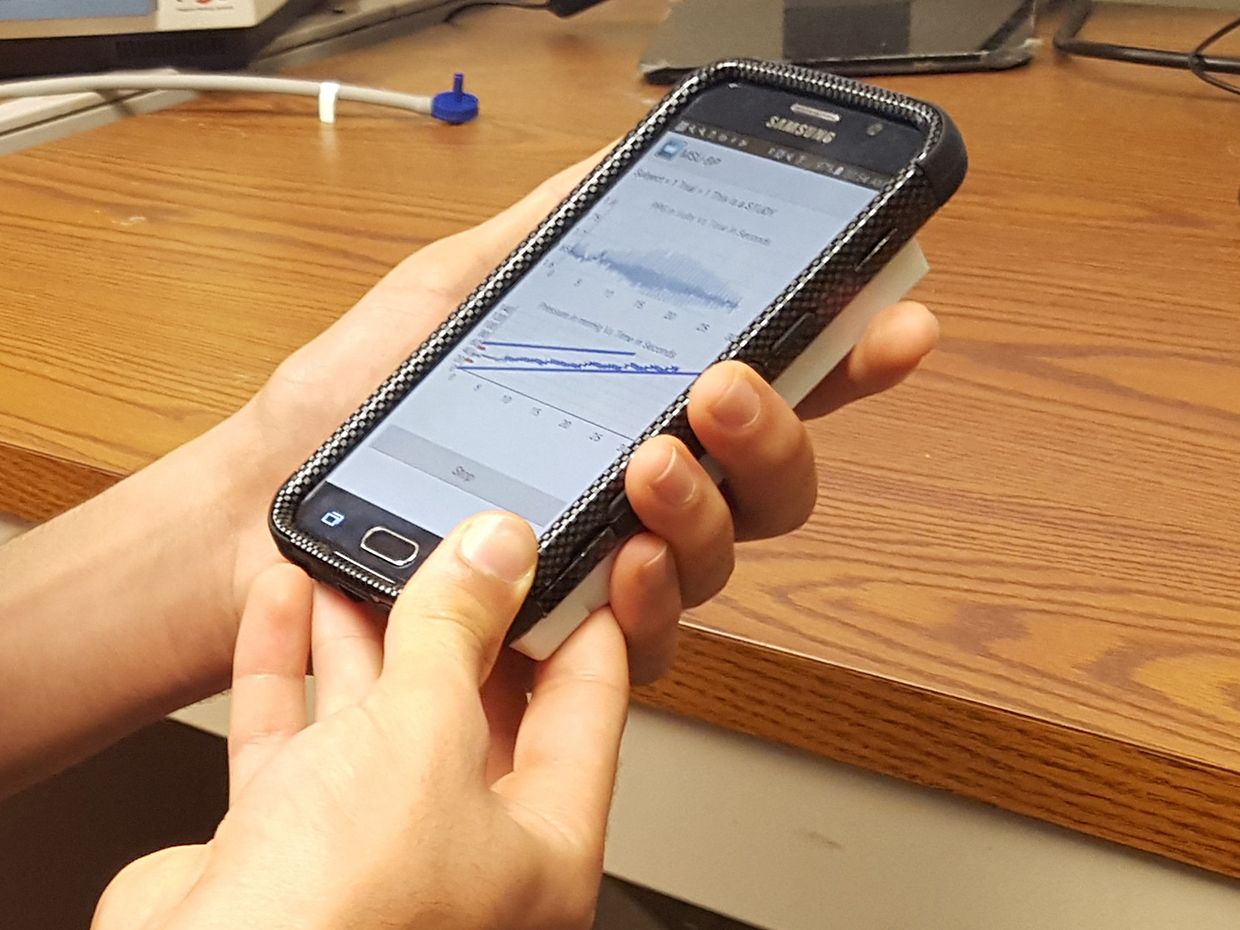





:max_bytes(150000):strip_icc()/systolic-and-diastolic-blood-pressure-1746075-01-4f002165f49646d08ca287995c2af55e.png)










